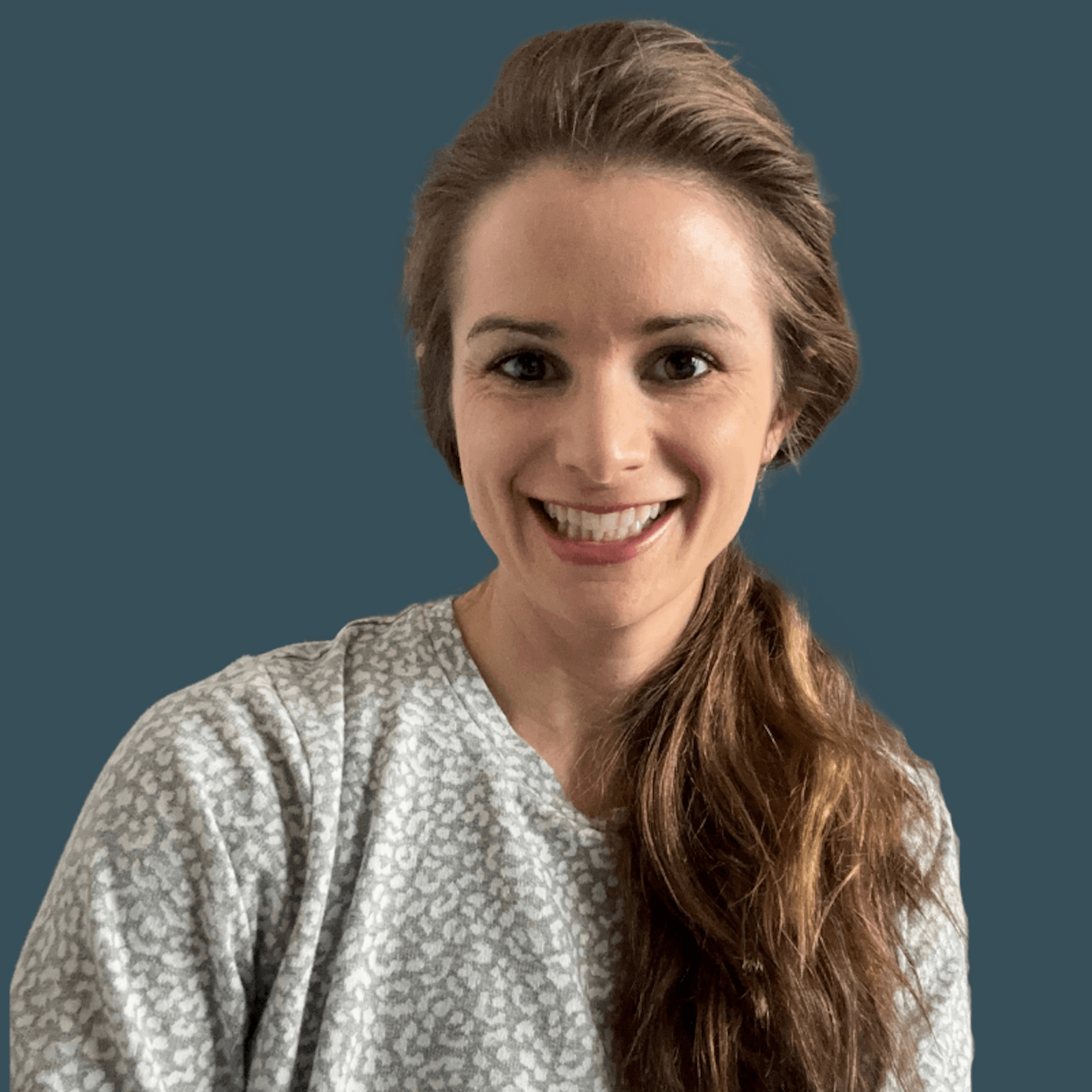We were lucky to catch up with Alexis Adams recently and have shared our conversation below.
Alexis, looking forward to hearing all of your stories today. Was there a defining moment in your professional career? A moment that changed the trajectory of your career?
Becoming a parent has been the most defining moment of my professional career and my life. Motherhood changed not only how I show up for my clients, but also, over time, informed my specialty. In becoming a mom I was faced with re-evaluating how I view my value and work-life balance in ways I had never before done.
Before becoming a mom, my work and accomplishments were everything to me. I am a Type-A, anxious perfectionist, and an Enneagram 3; I pursued advanced degrees, training, promotions, and other opportunities all to prove my worth and climb the ladder. After becoming a mom, everything shifted. I no longer wanted to spend long hours at the office and instead found myself counting down the hours until I could be home — suddenly, my son was my main focus, which was completely unfamiliar to me and caught me off guard. I’d never thought I’d be one of “those women”. Instead, I thought I’d have a baby and get right back to it.
That internal struggle forced me to confront beliefs about my worth and value, and it ultimately became the foundation of my work with moms and women.
Motherhood doesn’t have to define your entire identity, but to ignore how deeply it impacts every aspect of your life is a disservice and is often missing in care — even care centered on women.

Great, appreciate you sharing that with us. Before we ask you to share more of your insights, can you take a moment to introduce yourself and how you got to where you are today to our readers.
Despite my parents’ best efforts to talk me out of it, I knew I wanted to be a therapist since I was in the 6th grade. I wanted to take the life experiences that challenged me and should have broken me and use them to help others in similar situations – because having that kind of support was life-changing for me. That belief has been reinforced time and time again as my life unfolded.
As I searched for ways to turn my lived experience into something meaningful, I realized that confidence was the common thread tying everything together. With my training as a therapist, I see confidence differently–not as something that’s situationally dependent or earned, but something deeply connected to how we feel, how we cope with uncertainty, and how we handle fear and self-doubt.
However, traditional healthcare is limited. Even armed with what I know to be true, our healthcare system isn’t designed to provide this kind of support. My approach is different, outside of the box, knowing how hard it is for women to make time for themselves or even consider their needs a priority, I make it my goal to eliminate those barriers so they can get the care and support they deserve.
I’m incredibly proud of the business I have built, even though it’s imperfect and constantly evolving. The version of me from years ago would have never seen this as possible — she dreamed of it, wanted it, but would have never had the courage to step into the discomfort necessary to make it happen.
More than anything, I want women to show up authentically and confidently because when they don’t, the world misses out on the talents, skills, and perspectives that only they can bring. Playing small serves no one.
Other than training/knowledge, what do you think is most helpful for succeeding in your field?
Being able to drop in — to sit with a client in their pain and fear, hear what’s unsaid and help them make sense of it all, to be fully present — isn’t something that can be taught in a textbook or rewarded to a top performer in class. It takes practice, a sense of awareness, and a willingness to surrender to the discomfort of not always having the perfect answer. The real work isn’t about just knowing what to say; it’s about being with someone and being the lighthouse in their storm without trying to rush, fix, or downplay their experience. The level of presence is the key to success.
Do you think you’d choose a different profession or specialty if you were starting now?
There have definitely been times I’ve considered other careers. I think anyone who’s faced burnout has those “what-if” moments. Being a therapist, sitting with my clients in their hardest moments is both incredibly beautiful and emotionally demanding. It’s so raw. And then to be fully present with my family, especially working from home where there’s very little time to switch gears, it can feel like there’s not enough of me to do it all and do it all well.
There have also been moments when I’ve devalued my field, especially because therapy is often seen as softer than other fields. It’s not as immediately tangible — it takes time, patience, pain, and an openness and uncertainty that isn’t always easy. It can feel like anyone can talk to someone and that everyone knows about emotions making it feel like the work is less impactful than others.
But I believe I am a therapist for a reason. And if I had the chance to do it all over again I wouldn’t change a thing. I love that I have been a part of redefining what therapy can be and how it can truly help people. Not to mention the way I have had to surrender and let go of control and can teach my clients to do the same.
Contact Info:
- Website: https://confidentlytherapy.org
- Instagram: @confidently.therapy


